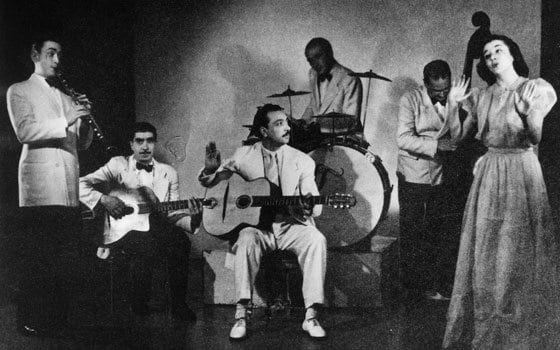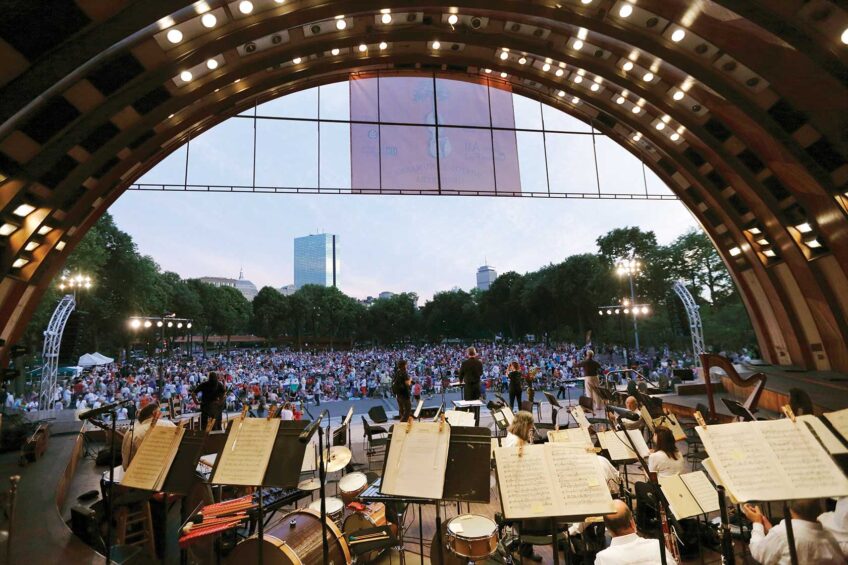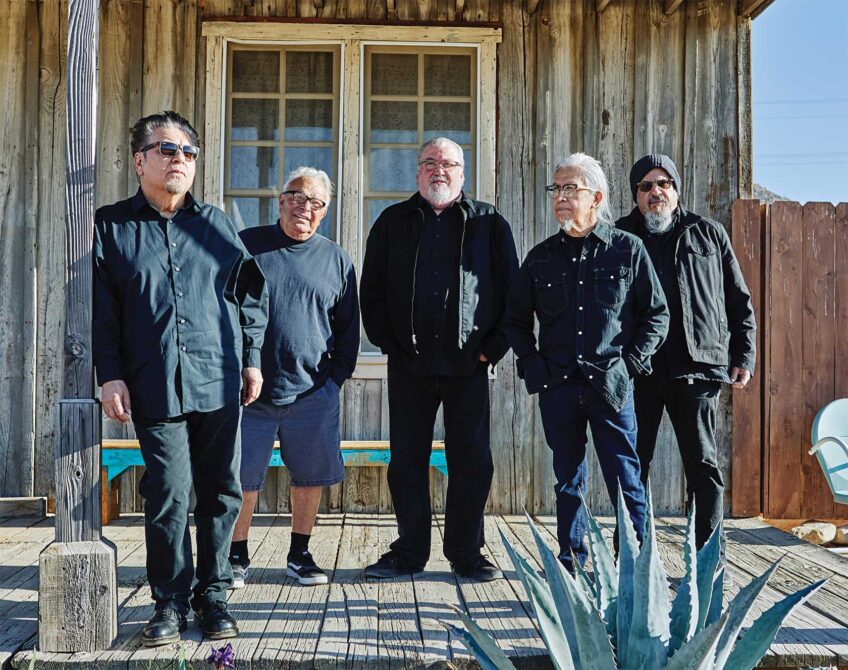
The period between World War I and World War II was marked by a cultural renaissance in Paris, during which a vibrant community of African American musicians thrived in a section of the city called Montmartre. Many of the initial expatriates to settle there were black U.S. Army veterans who preferred to remain in France rather than return to the repressive system of segregation that awaited them back home in America.
Another plus: The French’s rabid enthusiasm for jazz, and their appreciation of it as a very sophisticated and innovative art form.
This critical interval in the evolution of jazz was chronicled by the late William A. Shack, a renowned professor at the University of California at Berkeley, in his 2001 book “Harlem in Montmartre.” That landmark tome is now the subject of an entertaining and informative documentary of the same name helmed by Dante James, the Emmy Award-winning director of “Slavery and the Making of America.”
Narrated by S. Epatha Merkerson (“Law and Order”), the show premiered in late August as part of PBS’ “Great Performances” series and features present-day renditions of early jazz classics by a combo led by Victor Goines, director of jazz studies at Northwestern University.
The program primarily focuses on a handful of key figures from the seminal era, including singer Josephine Baker, bandleader James Reese Europe, clarinetist Sidney Bechet, nightclub owners Ada “Bricktop” Smith and Eugene Bullard, and legendary gypsy guitarist Django Reinhardt. The noteworthy achievements of these icons are dramatically revisited through a combination of archival footage, staged readings of their writings by impersonators, and interviews with leading music critics and historians.
Highlights include an account of how a business-savvy Bricktop managed to open her own club way back in 1925 and why Bechet was imprisoned and then deported after a gun duel over a woman. Of equal fascination is an account of Baker finding fame by playing into Frenchmen’s fantasies “of black women as primitive sexual beings.”
One priceless moment features a simple photo of Harlem Renaissance poet Langston Hughes, which was taken while he was working as a busboy in Montmartre. The documentary also devotes considerable attention to towering figures Louis Armstrong and Duke Ellington, who played in Montmartre in 1933 for the first time, and to future jazz legends like Dizzy Gillespie and Charlie “Bird” Parker, who arrived in France later.
Given that the careers of many African American artists had been able to flourish in this supportive environment, it is daunting to learn how this treasured oasis began its decline during the Great Depression, when the authorities decided to enforce a local ordinance mandating that 90 percent of the musicians playing in cabarets be French citizens. The final coup de grace came several years later with the rise of Hitler, when the blacks remaining in the region had no choice but to repatriate to the United States or else face the specter of internment by the Nazis.
Presenting the rise and fall of a jazz sanctuary across the Atlantic, “Harlem in Montmartre” is an important film not to be missed, one that pays richly deserved tribute to the trailblazers responsible for an all but forgotten chapter of African American history in Europe.
“Harlem in Montmartre” will air three times this weekend on both WGBH Channel 2 and WGBH-HD: Thursday, Sept. 3, at 2:30 a.m.; Sunday, Sept. 6, at 1:30 a.m.; and Sunday, Sept. 6, at 3 p.m. For more information about the program, visit http://www.pbs.org/wnet/gperf.






